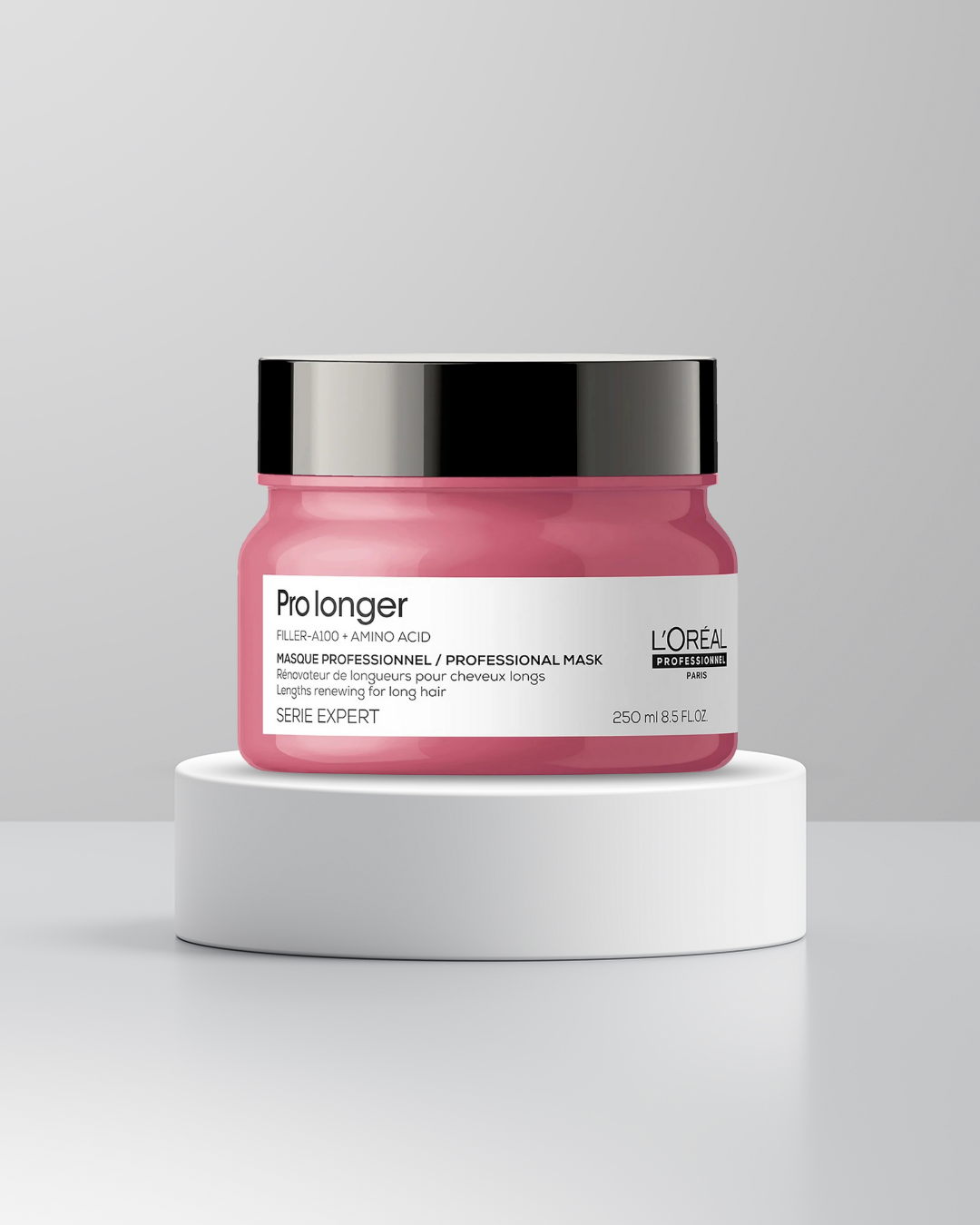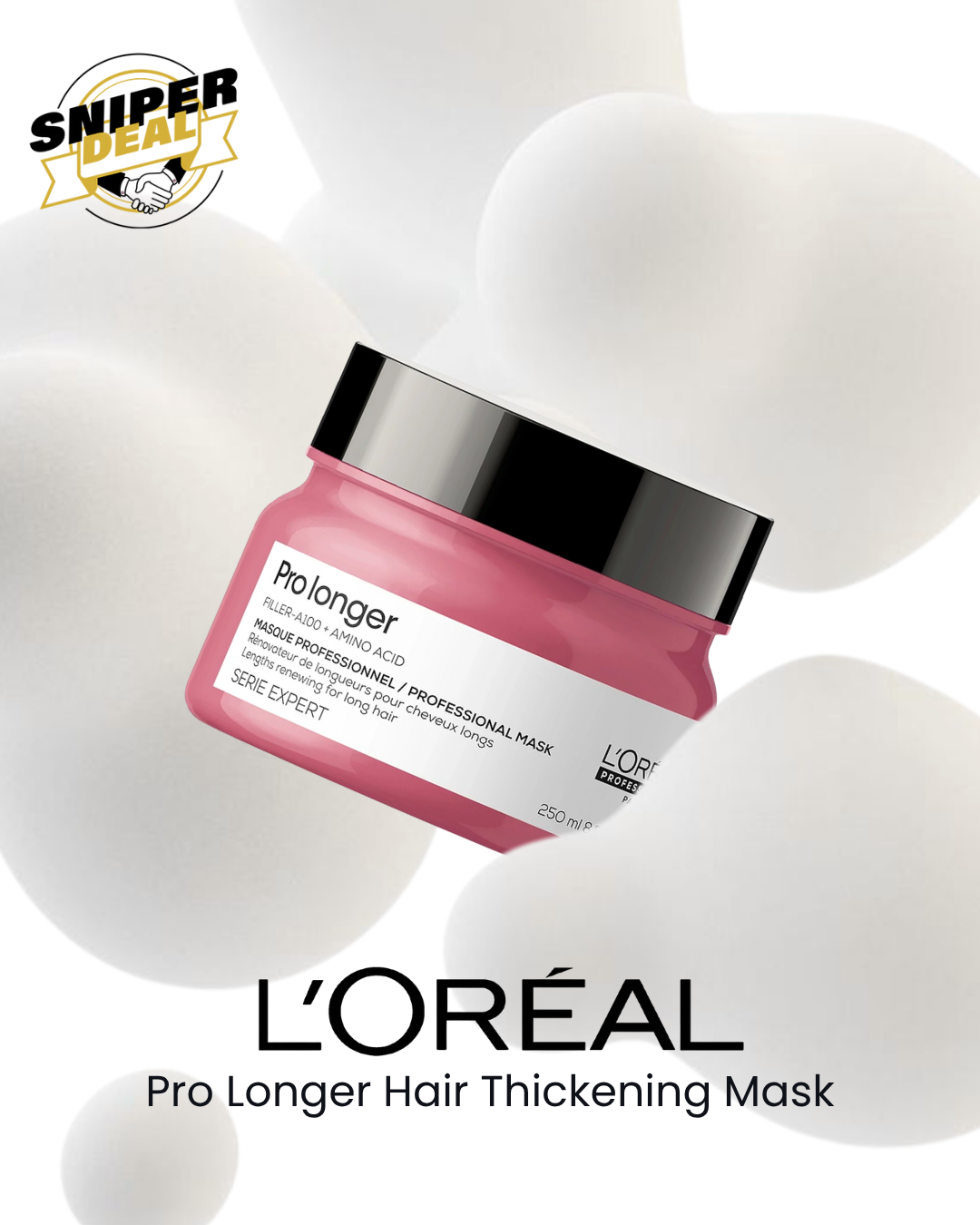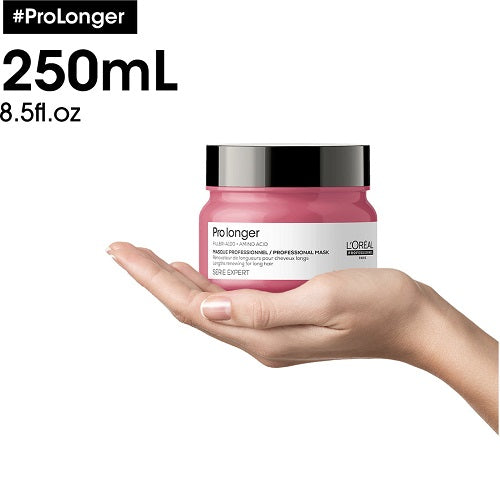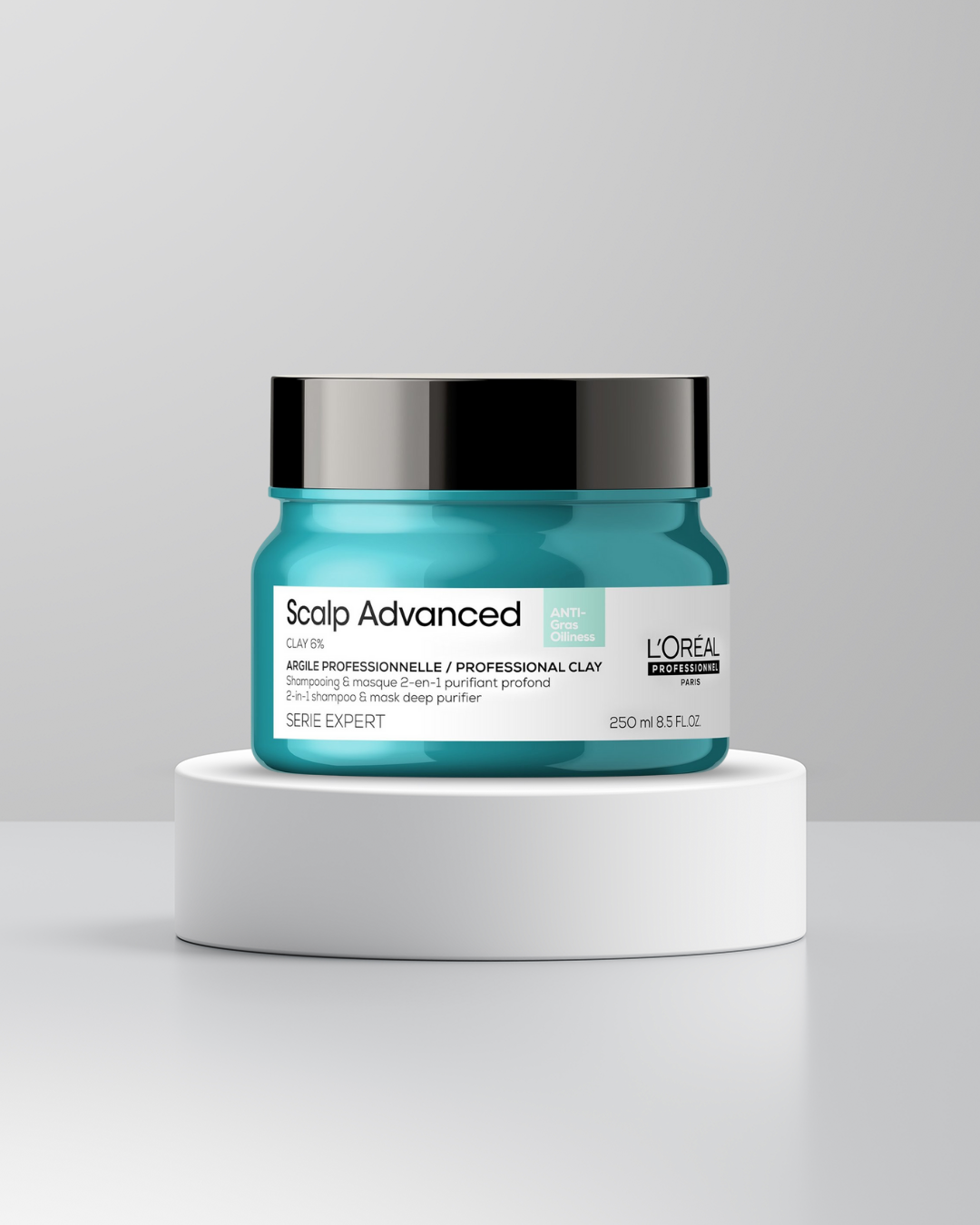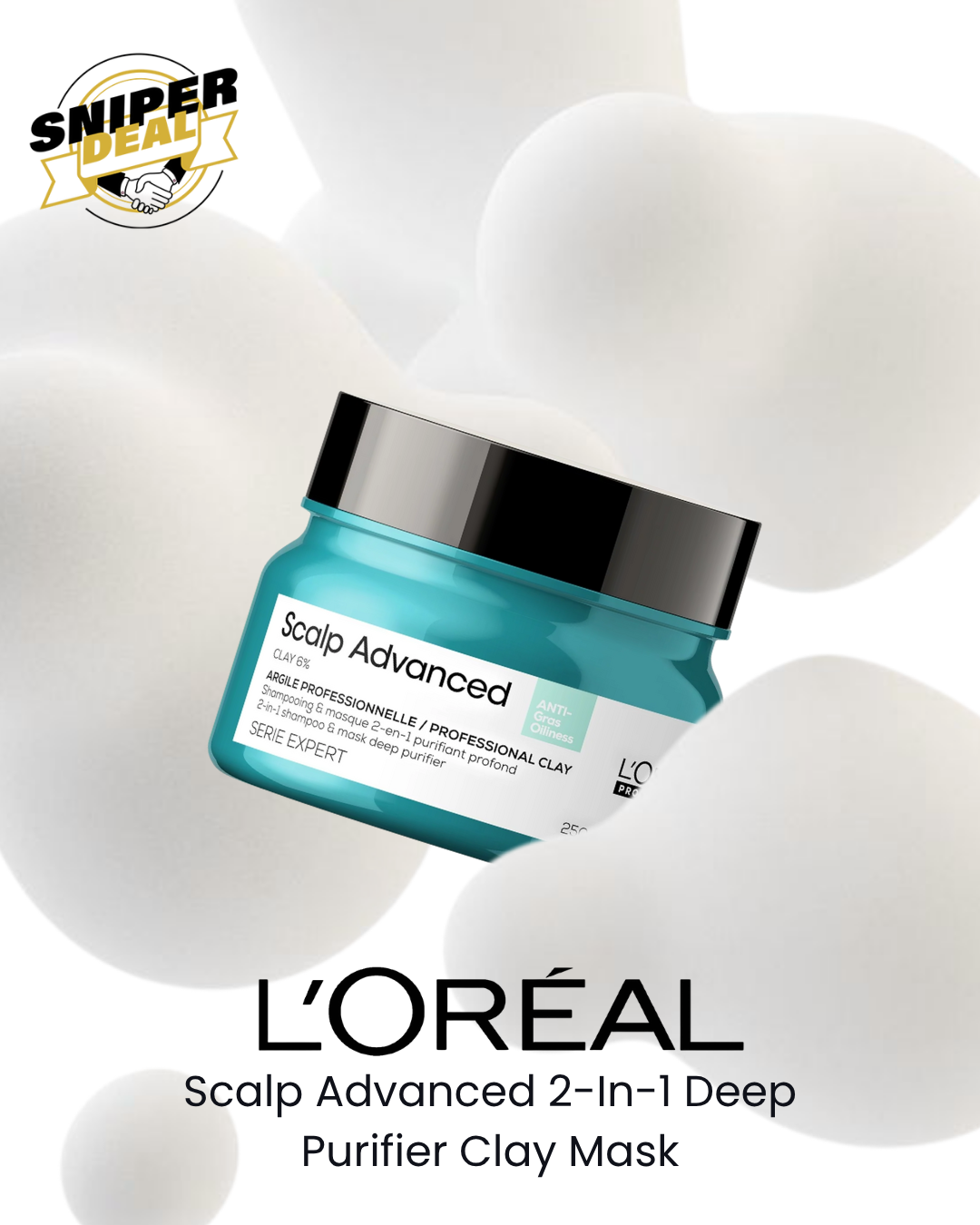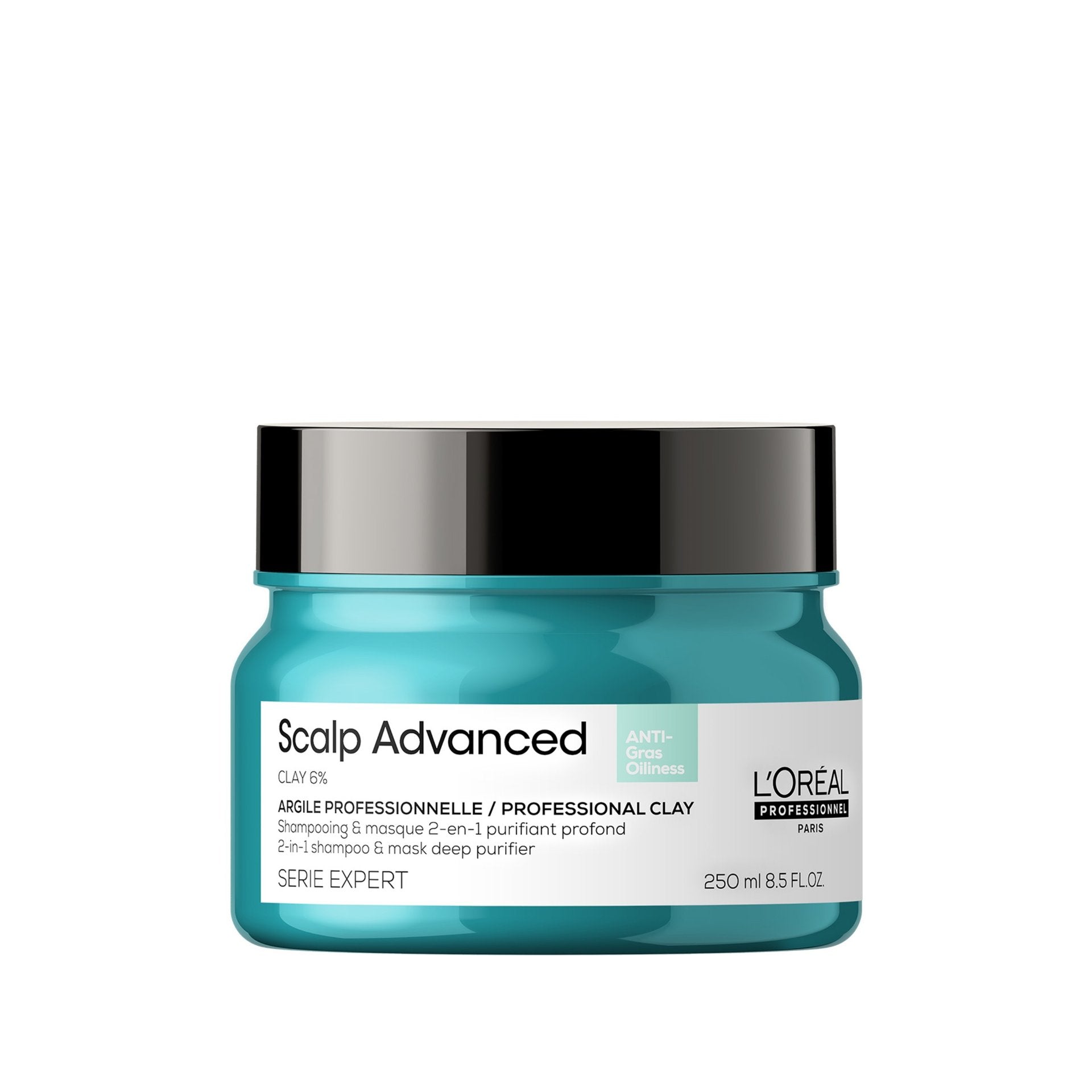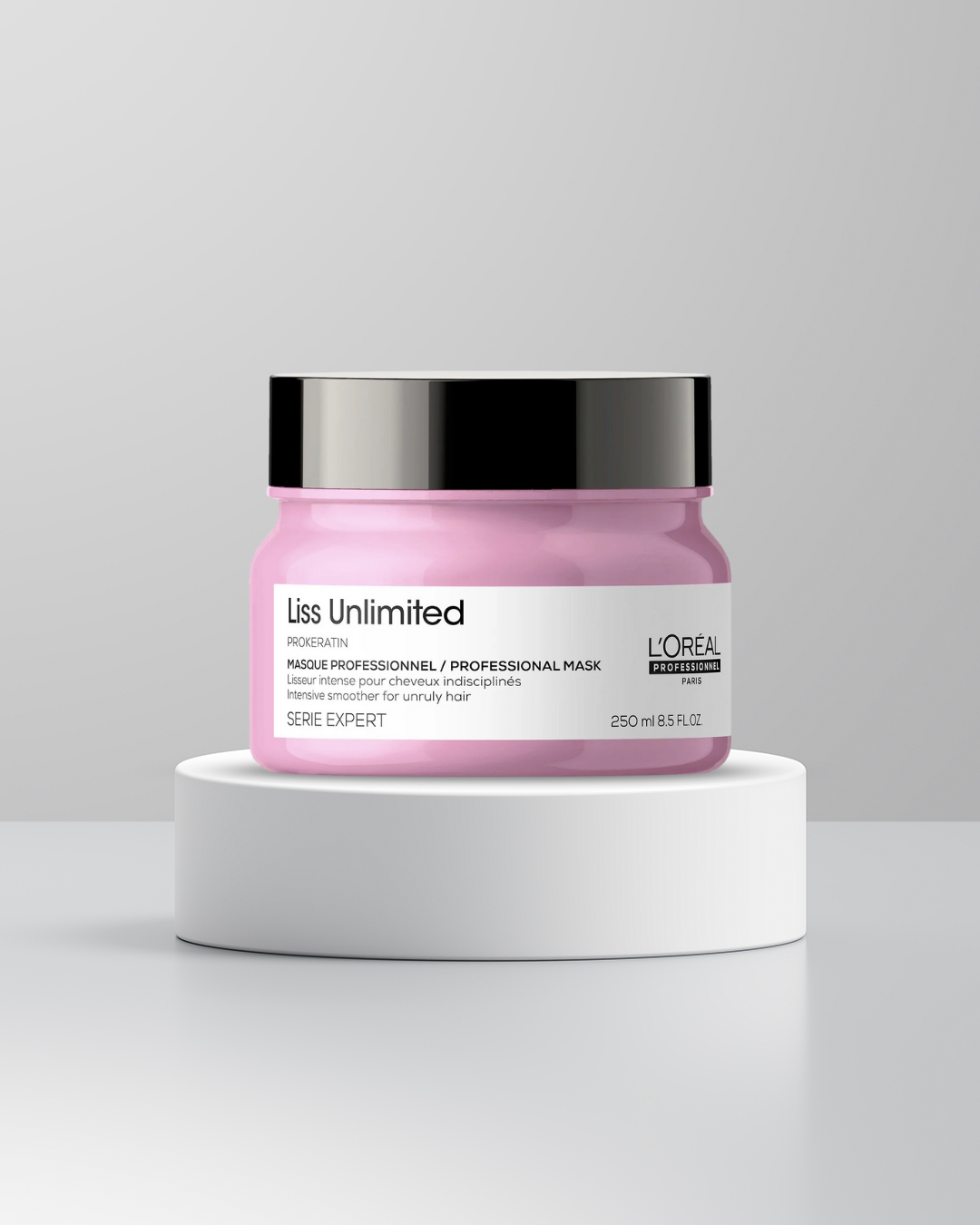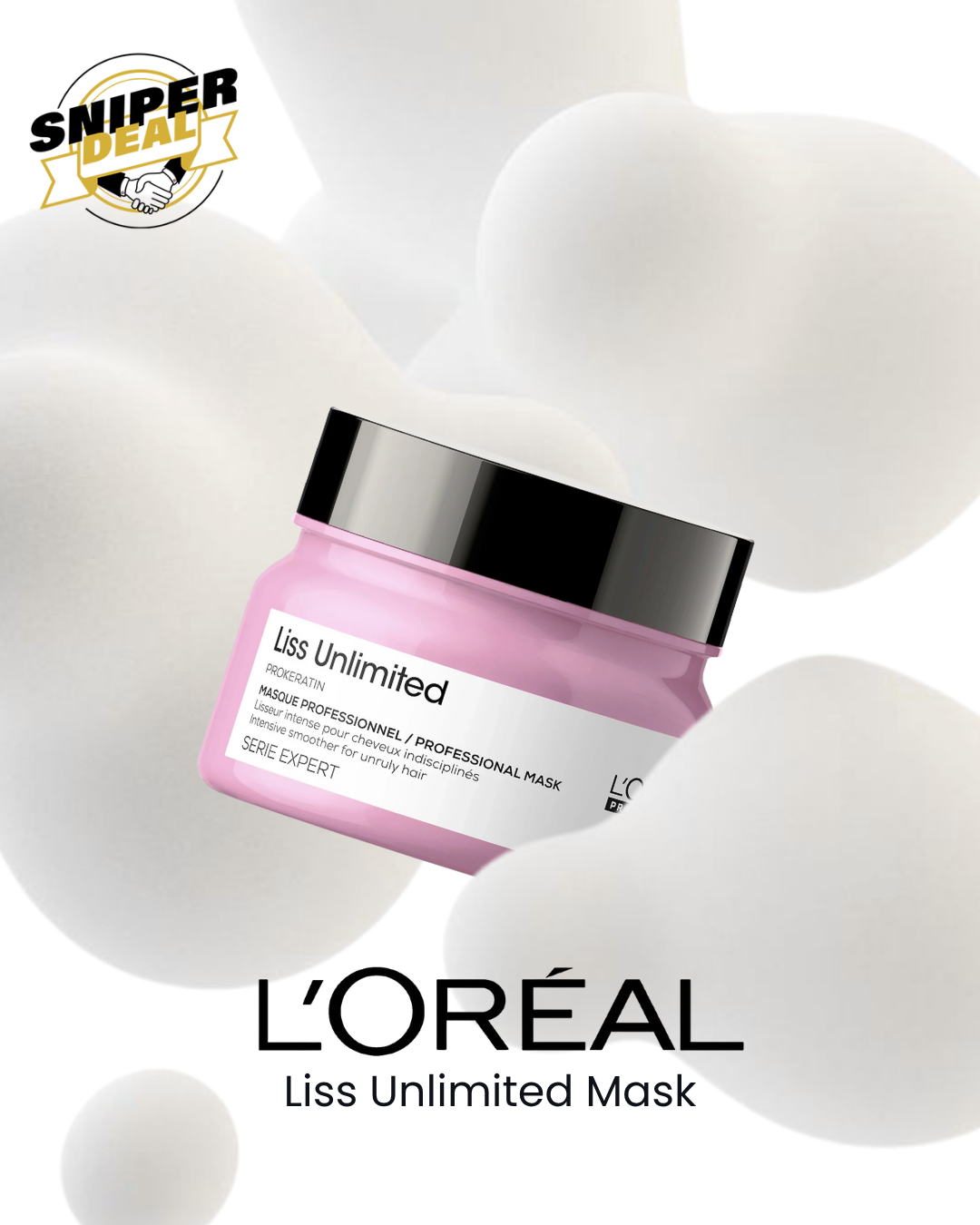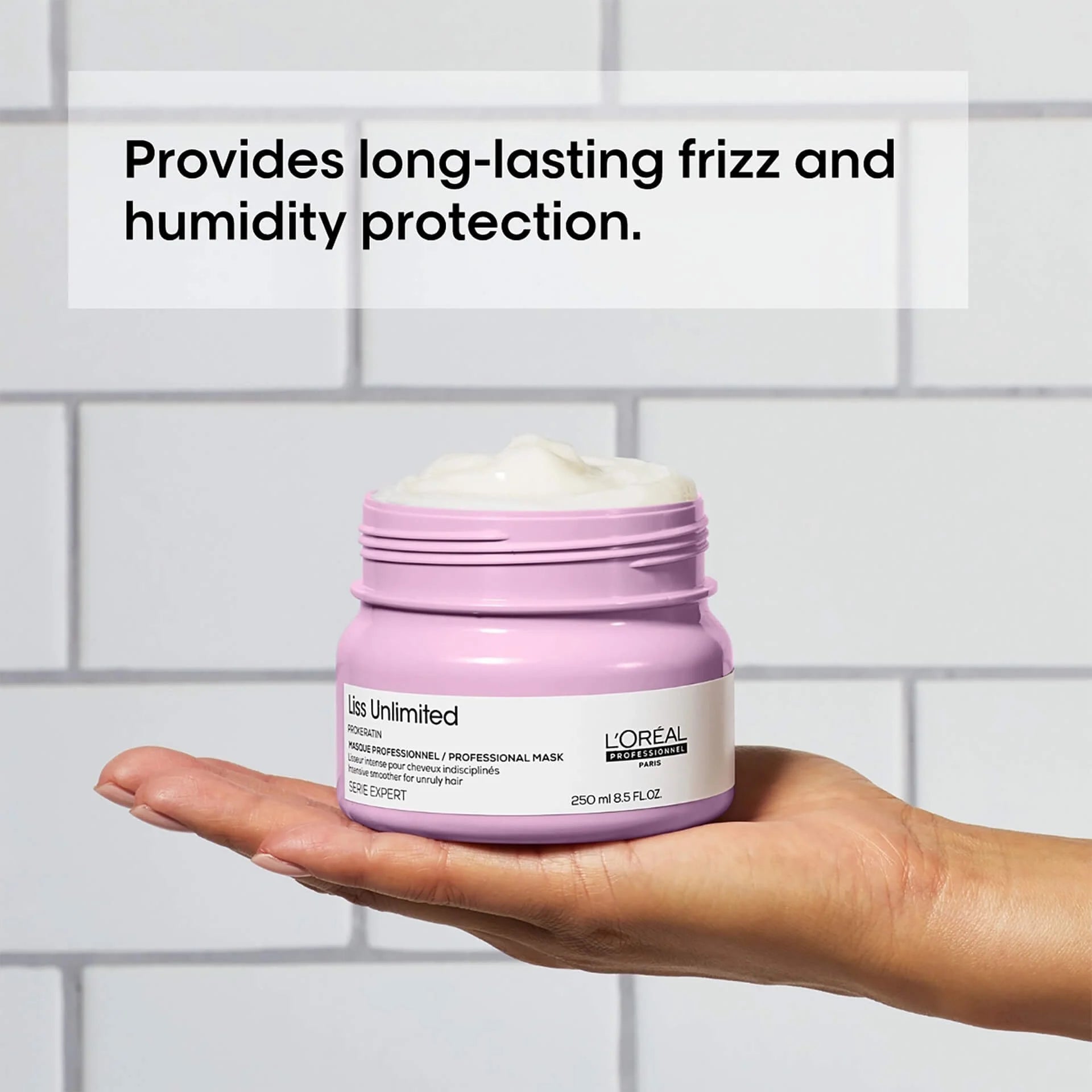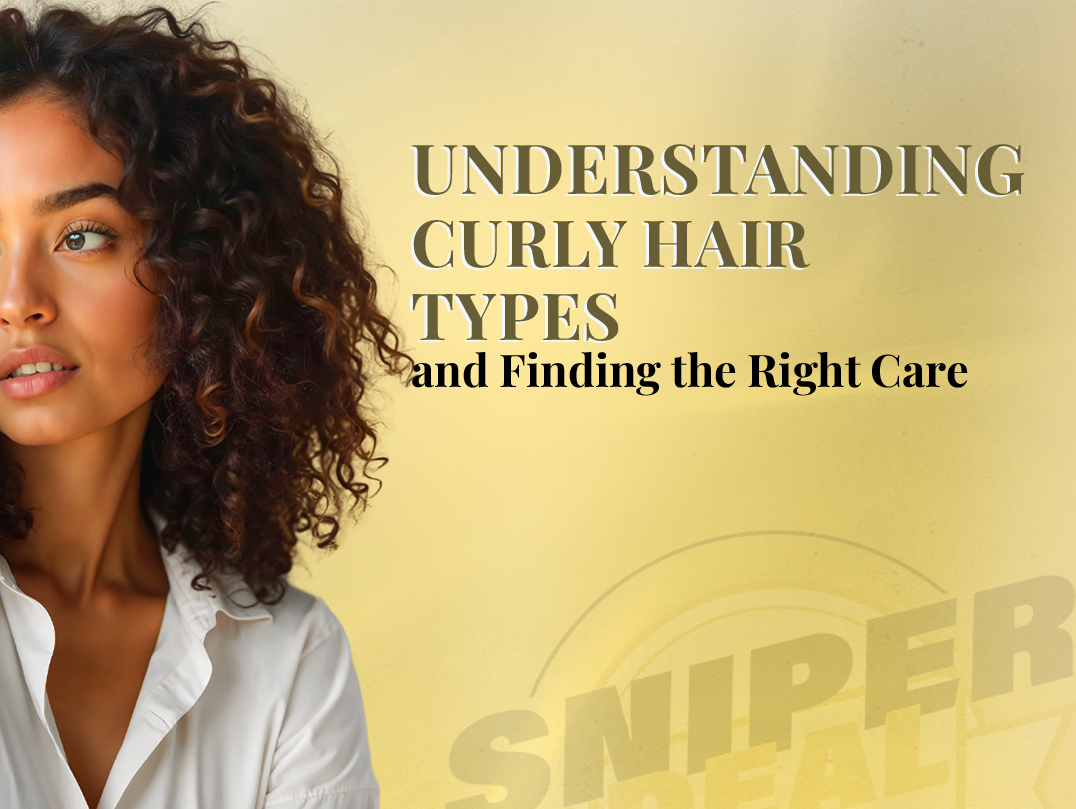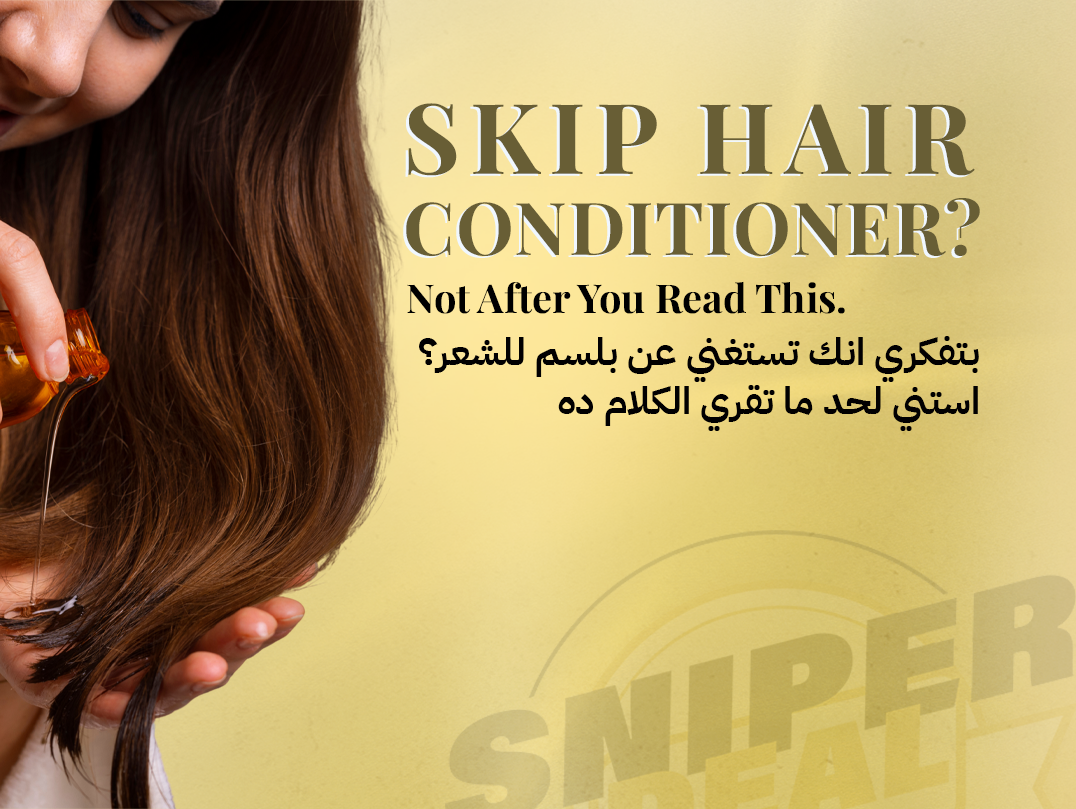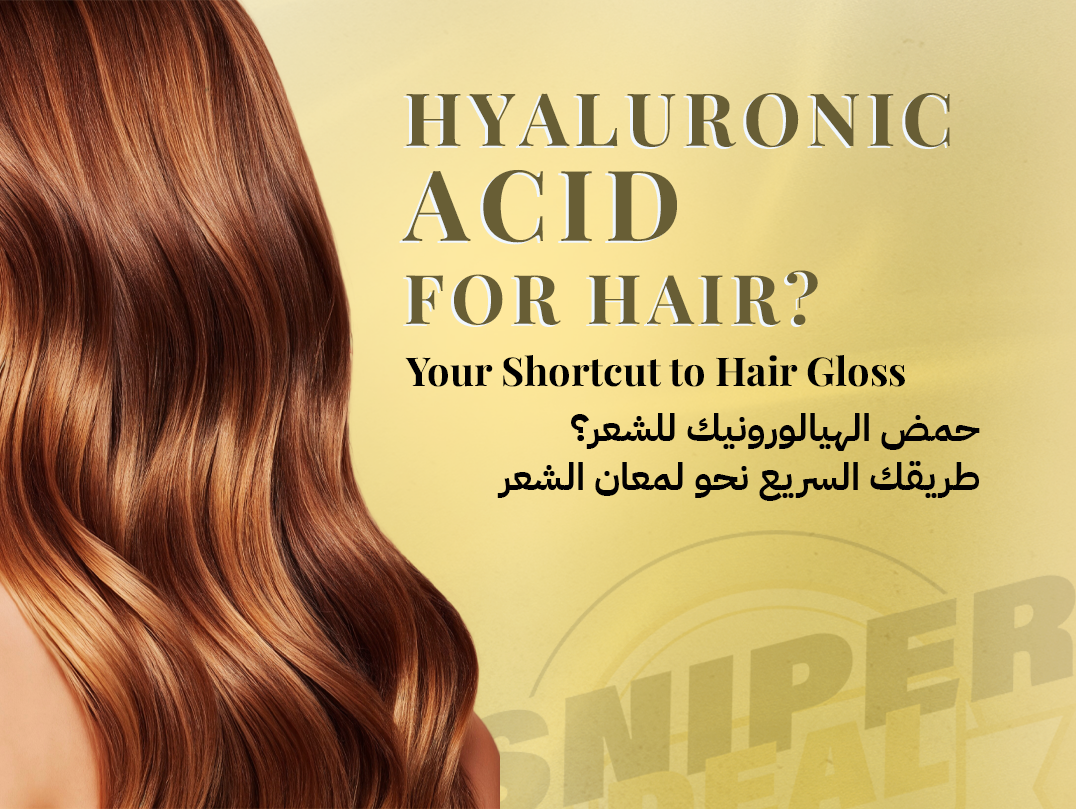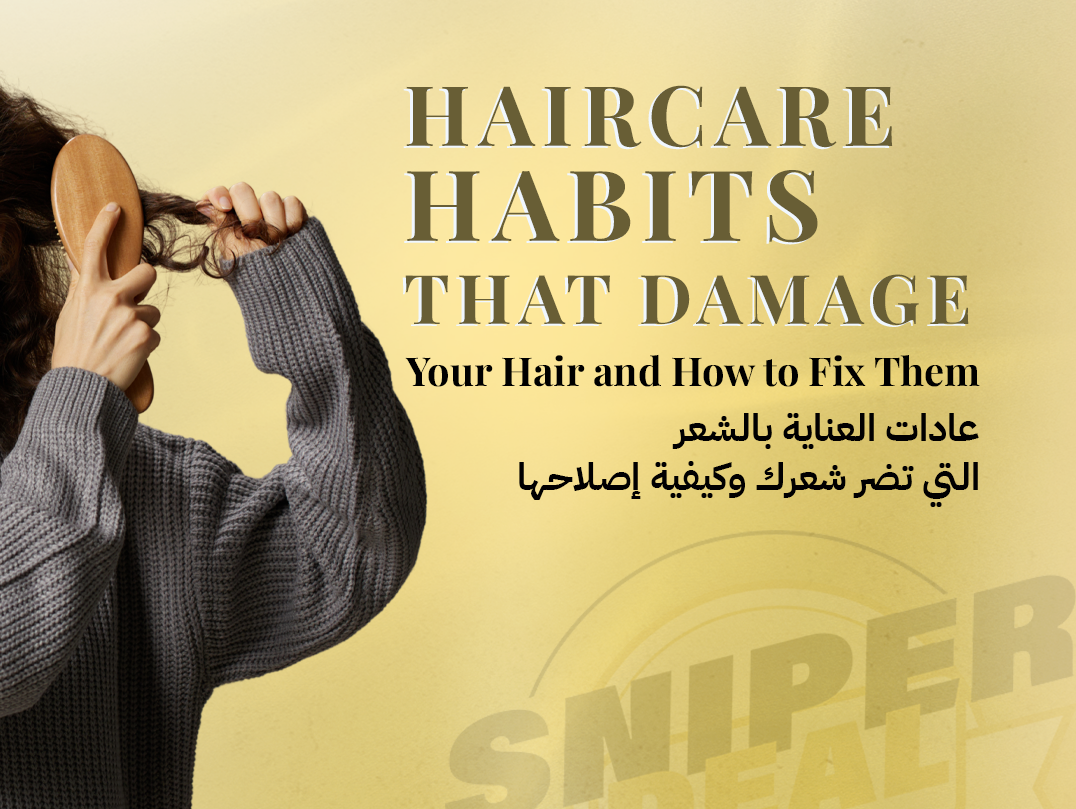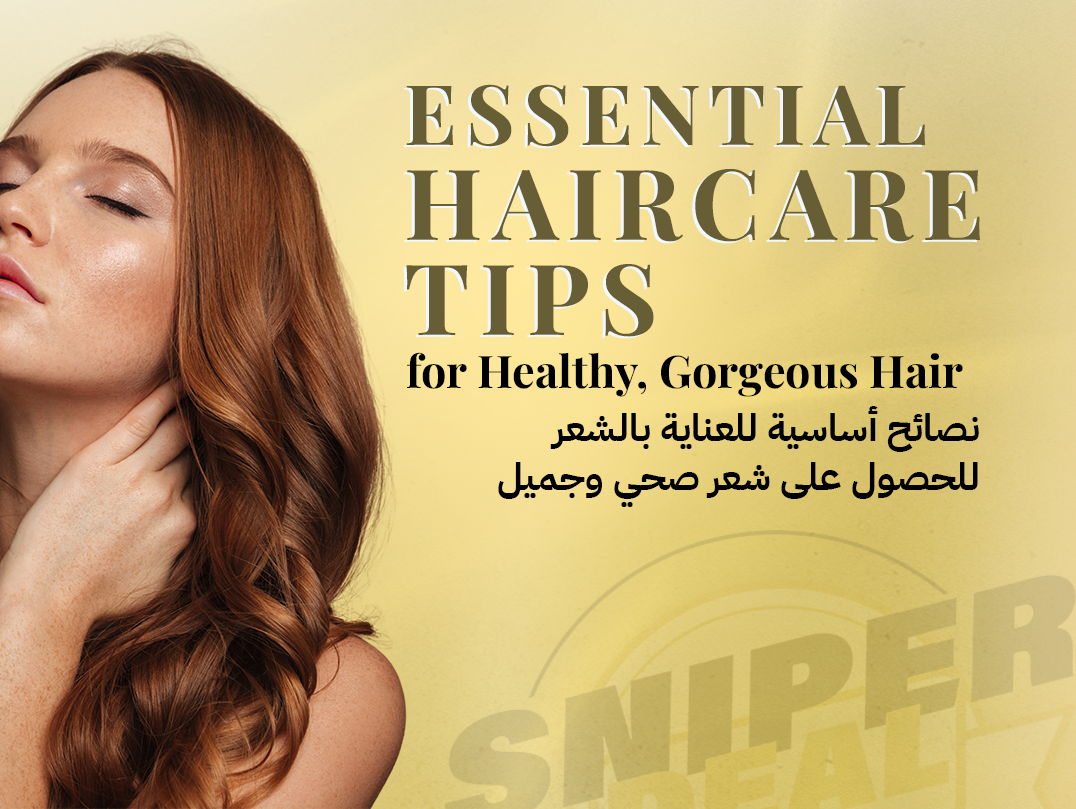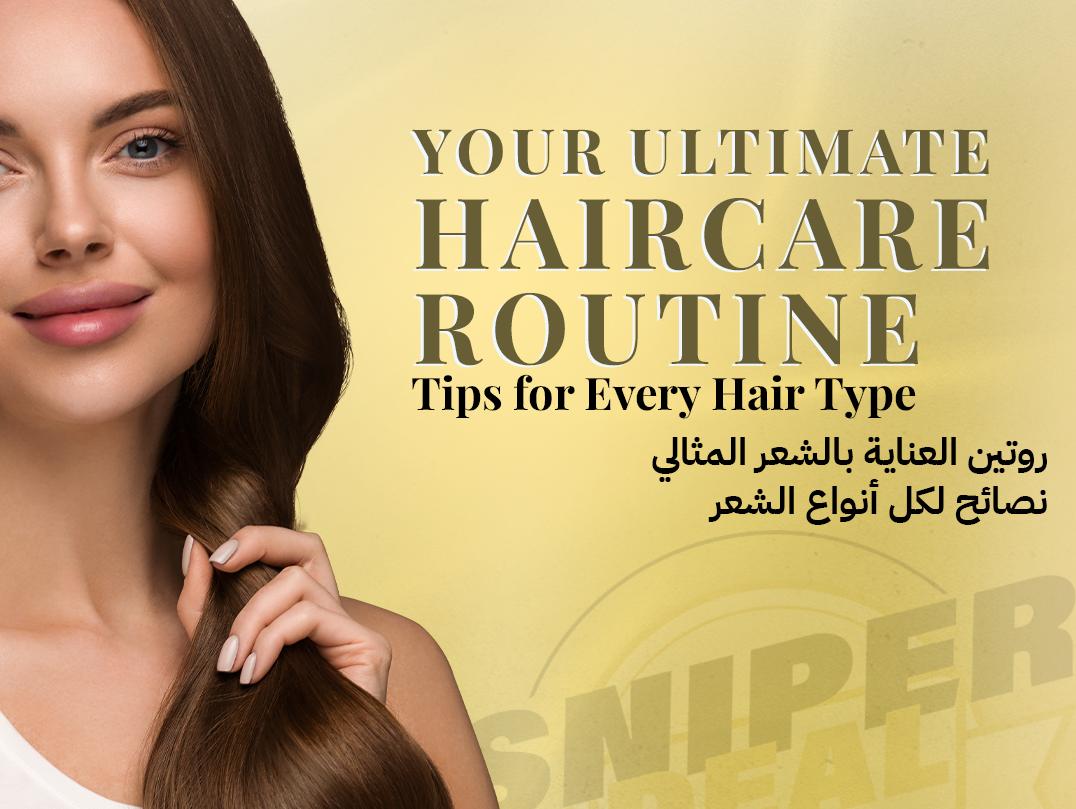Think you can skip hair conditioner? Think again. While it might seem like an optional step—especially if your hair feels fine after shampooing—hair conditioner is actually a game-changer when it comes to maintaining healthy, shiny, and manageable hair. Shampoo may cleanse your scalp and strands, but it also strips away natural oils that keep your hair hydrated and protected. That’s where the hair conditioner steps in. It replenishes lost moisture, smooths frizz, strengthens your strands, and acts as a shield against daily damage from heat styling, pollution, and even brushing.
Whether your hair is curly, straight, oily, or dry, the right conditioner can bring dull locks back to life and help you achieve the healthy hair you’ve always wanted.
Still not convinced? We're diving into why leaving out conditioner might be the reason your hair isn’t living its best life—and how the right one can make all the difference.
Purpose of Hair Conditioner
Hair conditioner is a vital part of hair care that restores moisture, smooths strands, and protects hair after shampooing. Here, we’ll explore why using conditioner is essential for healthy, strong hair.
Keeping Your Hair Hydrated
Hair conditioner serves as a fundamental step in preserving the health and vitality of your hair, particularly when it comes to hydration. After shampooing—which often strips the hair of its natural oils—conditioner works to restore essential moisture to the hair shaft.
A well-formulated conditioner penetrates the outer layer of the hair, helping to smooth it down and lock in moisture. This not only enhances the hair’s softness and shine but also improves its elasticity, allowing it to bend and move without snapping.
In addition to moisture retention, many conditioners contain nourishing ingredients such as proteins, oils, and vitamins that strengthen the hair structure and support long-term health. For individuals with dry or chemically treated hair, conditioner becomes even more essential in repairing damage and restoring balance.
Defending Your Hair from Damage
Daily exposure to harsh weather, pollution, and heat styling can take a serious toll on your hair. The conditioner acts as a protective shield, helping to guard against these damaging elements. It forms a coating around each strand, reducing the impact of high temperatures from tools like blow dryers and flat irons, while also minimizing the effects of environmental pollutants.
More importantly, hair conditioner restores essential moisture and nutrients, keeping the hair shaft smooth and resilient. Properly hydrated hair is far less likely to snap, split, or break during everyday brushing and styling. With regular use, conditioner strengthens your hair and helps prevent long-term damage—keeping it healthier, shinier, and more resistant to daily stress.
Improves Detangling
After shampooing, hair cuticles often lift, making strands rough and more prone to tangling. The hair conditioner smooths these cuticles, making the hair shaft sleek and reducing friction between strands. This makes it easier to comb through wet hair without pulling or breaking. Detangled hair is less likely to snap, and daily brushing becomes much gentler and quicker.
Style in No Time
Using conditioner regularly can significantly reduce styling time by making your hair smoother, shinier, and easier to manage. Whether you choose a silicone-based formula for added gloss or a silicone-free one to avoid buildup, the key is picking a product suited to your hair type and needs. When you use a conditioner properly and regularly, you’ll save time, energy, and money on post-shampoo styling products—because your hair will already be easier to style.
How to Choose the Right Conditioner for Your Hair Type
Choosing the right conditioner depends on your hair type—and using one tailored to your needs can transform your hair’s health and appearance.
For Dry or Thinning Hair:
Go for rich, hydrating conditioners with ingredients like shea butter, argan oil, or hydrolyzed proteins. These nourish brittle strands and restore moisture without weighing hair down.
For Oily Hair:
Look for lightweight, oil-free formulas with clarifying ingredients like tea tree oil or lemon extract.
For Curly Hair:
Curly Hair needs moisture and frizz control. Choose sulfate-free conditioners with jojoba or avocado oil, and humectants like glycerin to keep curls defined and bouncy.
How to Use Hair Conditioner the Right Way
Now that you understand the importance of using a conditioner—especially one designed to combat hair fall—let’s walk through the proper way to apply it for the best results. Follow these simple steps:
1. Rinse Out All Shampoo
Start by making sure all traces of shampoo are completely rinsed out of your hair.
2. Use the Right Amount
Apply the recommended amount of conditioner for your hair type—too little won’t be effective, and too much may weigh your hair down.
3. Focus on Mid-Lengths to Ends
Apply the conditioner from the mid-lengths of your hair down to the ends. Avoid applying it directly to the hair scalp unless the product specifically says it’s safe to do so.
4. Distribute Evenly
Use your fingers or a wide-tooth comb to gently distribute the product throughout your hair for even coverage.
5. Let It Sit
Allow the conditioner to sit for 2–3 minutes. This gives the formula time to deeply nourish and hydrate your strands.
6. Rinse Thoroughly
Rinse your hair thoroughly with cool or lukewarm water to lock in moisture and prevent any residue from building up.
Common Conditioner Mistakes to Avoid
Using Too Much:
Applying too much conditioner can weigh your hair down and make it look flat. Use just enough to coat your strands without overdoing it.
Applying to the Scalp:
Unless your conditioner is specifically designed for scalp use, avoid applying it directly to the roots to prevent excess oil and buildup.
Not Rinsing Properly:
Make sure to rinse out all the products. Any leftover residue can leave your hair looking dull or feeling heavy.
Conclusion
Using a hair conditioner might seem like just an extra step, but it can completely transform the look and feel of your hair. Just like your skin needs moisture to stay soft and healthy, your hair also craves the right kind of hydration and care. So after all this, if you’re still not convinced to use a conditioner with every wash… I honestly doubt that!
And guess what? At Sniper, you’ll find a full range of conditioners perfectly suited for every hair type, all from trusted brands. Give your hair the care it deserves—you won’t regret it.
FAQS
1. Do I really need to use a hair conditioner every time I wash my hair?
Yes! Every time you shampoo, natural oils are stripped from your hair. Conditioner helps restore moisture, protect your strands, and improve manageability—regardless of your hair type.
2. Can conditioner cause hair fall?
Conditioner itself doesn’t cause hair fall, but applying it to the scalp or not rinsing it properly can lead to buildup, which may block hair follicles and indirectly affect hair health.
3. How long should I leave the hair conditioner in my hair?
Ideally, 2–3 minutes for most rinse-out conditioners. Deep conditioners or hair masks may require 5–10 minutes. Always follow the product instructions.
4. Can conditioner cause hair to become greasy or oily?
Not if you’re using the right conditioner for your hair type. Oily hair types should opt for lightweight or oil-free formulas and apply conditioner only to mid-lengths and ends—not the scalp.

